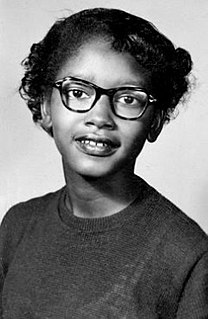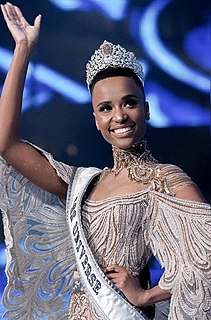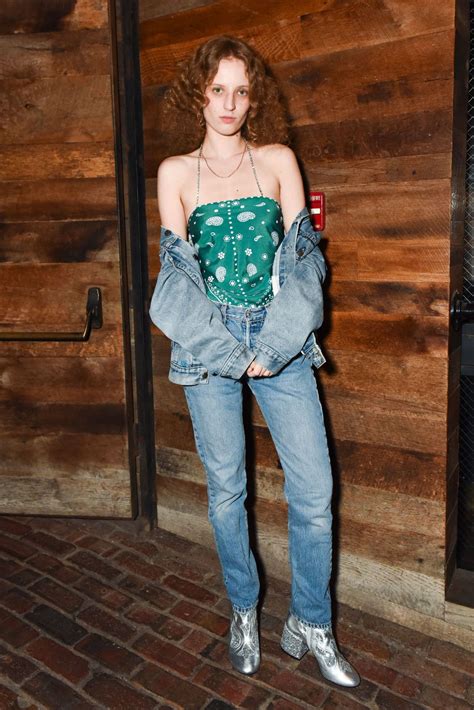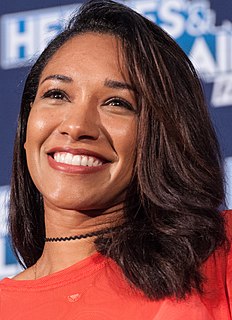A Quote by Danai Gurira
I want women and girls of African descent and of color to be able to not have to keep searching for stories about themselves.
Related Quotes
We need more female directors, we also need men to step up and identify with female characters and stories about women. We don't want to create a ghetto where women have to do movies about women. To assume stories about women need to be told by a woman isn't necessarily true, just as stories about men don't need a male director.
If there is one thing I will never have, it is an eating disorder. I won't have girls - even if it is just one or two who care - thinking that. Because it is a serious sickness, not something to plaster on the cover of a magazine. And I am the opposite. I want girls to love themselves. I want them to feel good about who they areThe thing is, I'm lucky because I was loved. But I have seen so many young women who can't feel good about themselves because they just don't have that love.
The United Nations and the Organization of American States have named 2011 as the International Year for People of African Descent. This is an opportunity for all of us around the globe to celebrate the diversity of our societies and to honor the contributions that our fellow citizens of African descent make every day to the economic, social and political fabrics of our communities.


































